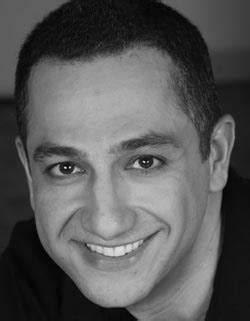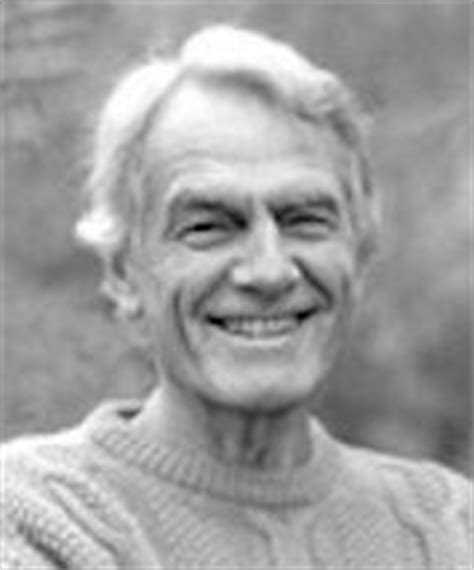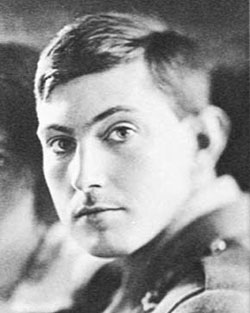A Quote by James E. Faust
There is a wise old saying 'Eat it up, wear it out, make it do, or do without'. Thrift is a practice of not wasting anything. Some people are able to get by because of the absence of expense. They have their shoes resoled, they patch, they mend, they sew, and they save money. They avoid installment buying, and make purchases only after saving enough to pay cash, thus avoiding interest charges. Frugality means to practice careful economy.
Quote Topics
Related Quotes
One of the better ways to simplify our lives is to follow the counsel we have so often received to live within our income, stay out of debt, and save for a rainy day. We should practice and increase our habits of thrift, industry, economy, and frugality. Members of a well-managed family do not pay interest; they earn it.
People tend to think that paying a debt is like going out and buying a car, buying more food or buying more clothes. But it really isn't. When you pay a debt to the bank, the banks use this money to lend out to somebody else or to yourself. The interest charges to carry this debt go up and up as debt grows.
Avoid debt that doesn’t pay you. Make it a rule that you never use debt that won’t make you money. I borrowed money for a car only because I knew it could increase my income. Rich people use debt to leverage investments and grow cash flows. Poor people use debt to buy things that make rich people richer.
I never wanted to be a businessman; I was a craftsman and good at working with my hands. At some point, I decided that this company is my best resource. Patagonia now exists to put into practice all the things that smart people are saying we have to do not only to save the planet but to save the economy.
Continuous practice, day after day, is the most appropriate way of expressing gratitude. This means that you practice continuously, without wasting a single day of your life, without using it for your own sake. Why is it so? Your life is a fortunate outcome of the continuous practice of the past. You should express your gratitude immediately.
To think that practice and realization are not one is a heretical view. In the Buddha Dharma, practice and realization are identical. Because one's present practice is practice in realization, one's initial negotiating of the Way in itself is the whole of original realization. Thus, even while directed to practice, one is told not to anticipate a realization apart from practice, because practice points directly to original realization.
The main problem with this great obsession for saving time is very simple: you can't save time. You can only spend it wisely or foolishly. The Bisy Backson has practically no time at all, because he's too busy wasting it by trying to save it. And by trying to save it, he ends up wasting the whole thing.
So, if you cannot understand that there is something in man which responds to the challenge of this mountain and goes out to meet it, that the struggle is the struggle of life itself upward and forever upward, then you won’t see why we go. What we get from this adventure is just sheer joy. And joy is, after all, the end of life. We do not live to eat and make money. We eat and make money to be able to enjoy life. That is what life means and what life is for.






































